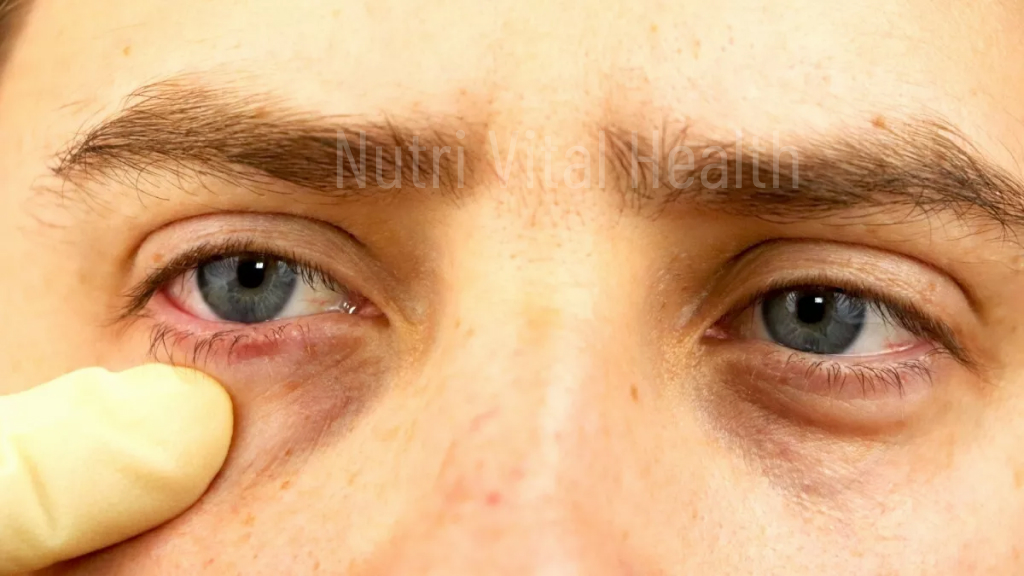Are Steroids Bad for You? Uses, Side Effects, and Dangers

Steroids have become a controversial topic in the realm of health and fitness, often associated with both medical treatments and illicit performance enhancement. Understanding the uses, side effects, and potential dangers of steroids is crucial for anyone considering their use. Let’s delve into the world of steroids to uncover the truth behind their reputation.
Table of Contents
ToggleIntroduction to Steroids
Steroids, also known as corticosteroids or anabolic-androgenic steroids (AAS), are synthetic substances that mimic the effects of naturally occurring hormones in the body. While corticosteroids are commonly prescribed by healthcare professionals to reduce inflammation and manage various medical conditions, anabolic steroids are frequently misused for their muscle-building properties.
Medical Uses of Steroids
In a medical context, steroids serve essential purposes. Corticosteroids, such as prednisone and cortisone, are prescribed to treat inflammatory conditions like arthritis, asthma, and allergies. They work by suppressing the immune system’s inflammatory response, providing relief from symptoms.
Anabolic steroids, on the other hand, are occasionally used to treat hormonal issues and muscle loss in certain medical conditions like delayed puberty and AIDS. However, their medical use is limited due to the risk of adverse effects.
Common Steroids in Medicine
Corticosteroids are widely used in the medical field due to their anti-inflammatory properties. They are available in various forms, including oral tablets, injections, and topical creams. Anabolic steroids, primarily testosterone derivatives, are less commonly prescribed and are tightly regulated due to their potential for misuse.
Side Effects of Steroids

While steroids can be beneficial when used appropriately under medical supervision, they also come with a range of side effects. Short-term use of corticosteroids may lead to weight gain, mood swings, and elevated blood sugar levels. Long-term use can result in more severe complications such as osteoporosis, diabetes, and cataracts.
Anabolic steroids, when misused, can cause hormonal imbalances, infertility, and masculinization in females. In men, excessive use may lead to testicular atrophy and gynecomastia (enlarged breasts).
Misuse of Steroids
One of the primary reasons steroids have gained notoriety is their misuse in sports and bodybuilding. Athletes and fitness enthusiasts often abuse anabolic steroids to enhance performance, increase muscle mass, and improve physical appearance.
Health Risks Associated with Steroid Misuse
The misuse of steroids can have serious health consequences. In addition to the aforementioned side effects, prolonged steroid abuse can result in cardiovascular problems such as heart attacks and strokes. Liver damage, including liver cancer, is also a risk, particularly with oral steroid use. Moreover, the psychological effects of steroid abuse can manifest as aggression, mood swings, and psychiatric disorders.
Regulations on Steroid Use
To curb the misuse of steroids, regulatory bodies have implemented strict regulations regarding their use and distribution. In many countries, anabolic steroids are classified as controlled substances, requiring a prescription for legal acquisition. Furthermore, sports organizations conduct regular drug testing to detect and deter steroid use among athletes.
Are Steroids Always Bad?
While the misuse of steroids poses significant risks to health, it’s essential to recognize that not all steroid use is inherently harmful. When prescribed and monitored by healthcare professionals, steroids can provide valuable therapeutic benefits for individuals with certain medical conditions. It’s crucial to distinguish between legitimate medical use and recreational misuse when evaluating the risks associated with steroids.
Conclusion
In conclusion, steroids can be both a boon and a bane depending on their context of use. While they play a vital role in managing medical conditions and alleviating symptoms, their misuse for non-medical purposes carries substantial health risks. Education, regulation, and responsible medical supervision are paramount in navigating the complex landscape of steroid use.
FAQs About Steroids
1. Are steroids illegal?
- The legality of steroids varies by country. In many places, possession and distribution of anabolic steroids without a prescription are illegal.
2. Can steroids cause addiction?
- While steroids themselves aren’t considered addictive in the same way as drugs like opioids, some people may develop a psychological dependence on their effects.
3. How long do steroids stay in your system?
- The detection window for steroids depends on factors such as the type of steroid, dosage, and individual metabolism. In general, steroids can be detected in urine for several weeks to months.
4. Are there natural alternatives to steroids?
- Yes, several natural supplements and lifestyle changes can help achieve similar effects to steroids in terms of muscle growth and performance enhancement, without the associated health risks.
5. Can steroids cause heart problems?
- Yes, prolonged use of anabolic steroids has been linked to an increased risk of cardiovascular issues, including heart attacks and strokes
